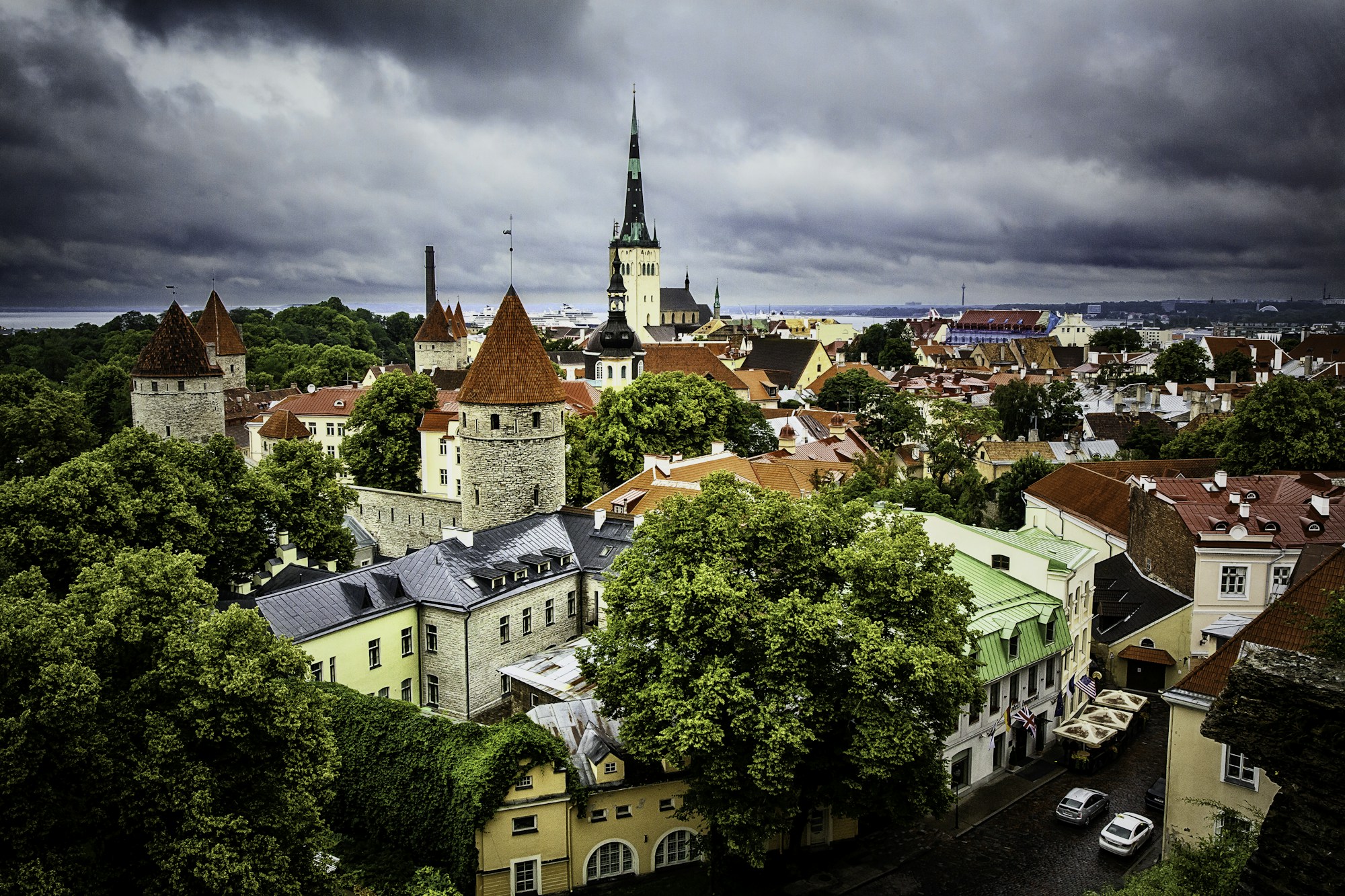Estonian Culture: History, Customs, Festivals & Traditions

Estonian Culture: History, Customs, Festivals & Traditions
Estonia, located on the eastern coast of the Baltic Sea, is a country rich in history and culture. The Estonian people have a deep connection to their heritage and take pride in preserving their traditions. Visitors to Estonia have the opportunity to experience a unique blend of ancient customs and modern celebrations. Here is a guide to Estonian culture, including its history, customs, festivals, and traditions.
History
Estonia has a fascinating history that dates back centuries. The country has been influenced by various foreign powers throughout its past, including the Vikings, Germans, Swedes, and Russians. Despite enduring many occupations and conflicts, Estonia regained its independence in 1991 and has since flourished as a sovereign nation.
Today, Estonia is known for its advanced technological innovations and a high standard of living. However, the Estonian people still hold onto their historical roots and honor the traditions that have shaped their identity.
Customs
Estonian customs reflect a deep connection to nature and a close-knit community. The Estonian people have a great respect for their land and prioritize environmental sustainability. It is common to find eco-friendly practices and a commitment to preserving the country's natural beauty.
Estonians are known for their hospitality and their love for sauna. Sauna traditions are deeply ingrained in Estonian culture, and it is not uncommon for families and friends to gather for a sauna session. Saunas are seen as places of relaxation and healing, providing an opportunity for people to unwind and connect with each other.
Festivals
Estonians are known for their lively festivals and celebrations throughout the year. One of the most popular festivals is Jaanipäev (Midsummer's Day), which takes place on June 24th. This festival marks the beginning of the summer season and is celebrated with bonfires, singing, dancing, and traditional Estonian food and drinks.
Kadrilaupäev (St. Catherine's Day) is another festive occasion celebrated on November 25th. It is a day when young, unmarried women traditionally dress up in costumes and go door-to-door to play pranks on men. This playful tradition is a way for young women to assert their independence and have fun.
Traditions
Estonian traditions are deeply rooted in folklore and mythology. The Estonian people have a strong connection to their ancestors and often incorporate ancient tales and beliefs into their daily lives. Singing and folk dancing are important aspects of Estonian culture, with traditional songs and dances passed down through generations.
Estonians also celebrate various traditional holidays, such as Christmas, Easter, and Midsummer's Day, with unique customs. These holidays are marked by traditional rituals, delicious food, and gatherings with family and friends.
Conclusion
Visiting Estonia provides a wonderful opportunity to immerse oneself in a rich and vibrant culture. From exploring the country's historical landmarks to experiencing traditional festivals and customs, there is something for everyone to enjoy. Discover the beauty of Estonian traditions and create lasting memories in this enchanting Baltic nation.
